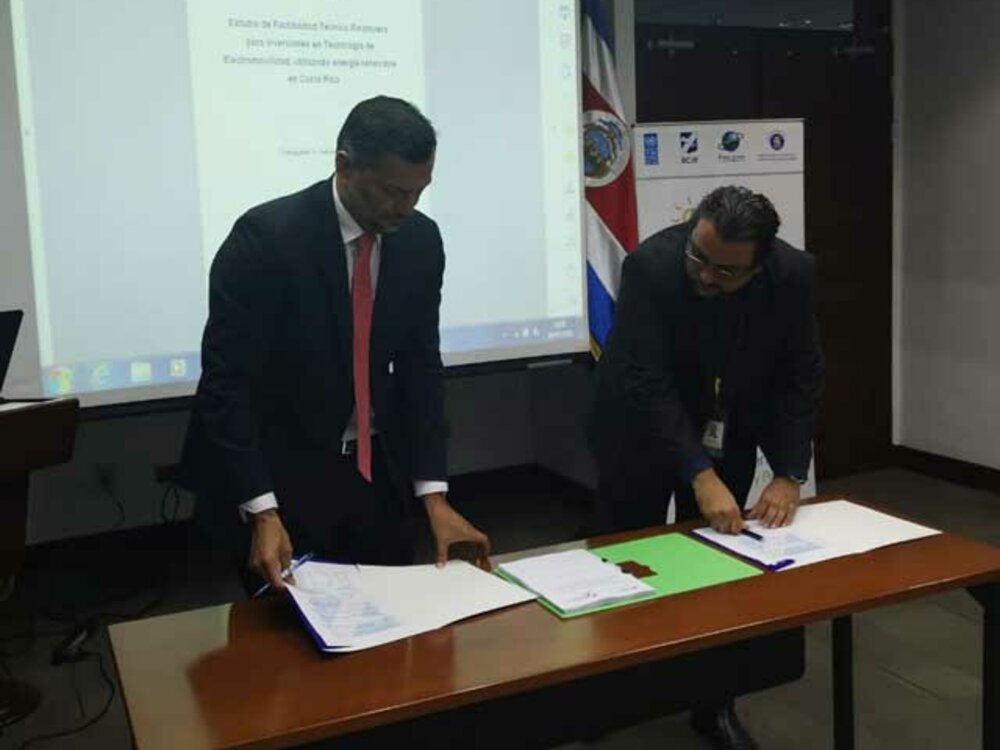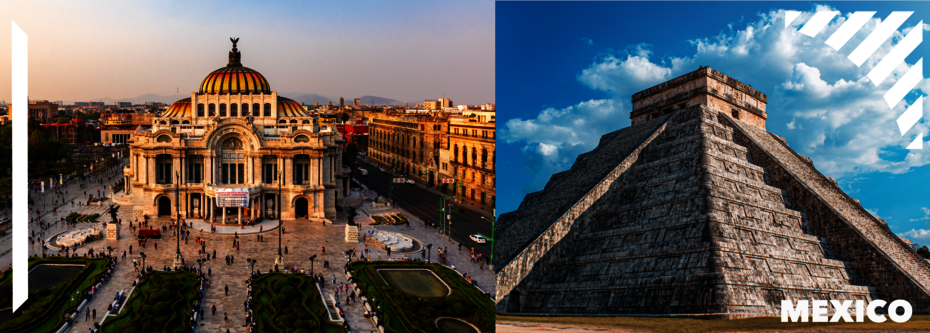Mexico has been a non-regional CABEI member since 1992 with an authorized stake of USD306.25 million in the Bank's share capital and capital contributions of USD76.56 million, ranking as the third largest shareholder within the group of non-regional members with 5.03%.
The contribution that Mexico channels to the Central American region through CABEI is based on various financial cooperation instruments with Banco Nacional de Comercio Exterior S.N.C. (Bancomext) for a total amount of USD520.8 million. The relationship between the Bank and this country was solidified in 2008 with the launching of the Central American Social Housing Development Program. It falls under the framework of the Mesoamerican Integration and Development Project (formerly Plan Puebla Panamá). Since that date, the Mexican government has made resources available to develop a sustainable market for long-term housing finance in the Central American region that addresses the housing deficit and future needs in this area. Throughout the Program's existence, 59 disbursements have been made through 14 intermediary institutions. In total, 192.7% of the initial financing available has been channeled, benefiting a total of 8,032 low- income households, which can now enjoy a more dignified home.
Electromobility study presented in Costa Rica

The study analyzed the financial, technical and cost variables, as well as other elements in order to cover the current needs that favor a change towards environmentally friendly transportation technologies.
San José, July 29, 2019.- The Central American Bank for Economic Integration (CABEI) through the Project "Accelerating Renewable Energy Investments in Central America (ARECA)" granted the Costa Rican Institute of Electricity Non-Reimbursable Financial Cooperation denominated "Technical-Financial Feasibility Study for Investments in Electromobility Technologies, Using Renewable Energy in Costa Rica;” the study results were announced today.
During a training session held on the methodology and tool used in the development of the study, CABEI Country Manager for Costa Rica, Mauricio Chacón, offered details that will determine the financial profitability of supporting the use of electric transportation and procurement of cars, microbuses, buses and cargo vehicles, in accordance with the sustainability plans of the Costa Rican Government.
The study results will enable technical-financial support for the promotion and creation of bank intermediation solutions that cover the current needs of the renewable energy sector, and at the same time, foster new investments and markets for the placement of the energy generated with renewable sources in the country.
Likewise, CABEI expects that these actions will lead to a sustainable future for Costa Rica, improve the quality of life of inhabitants and foster environmental protection.
The training also provided an opportunity for discussion on such issues as electromobility as one of the priority axes of the country; the basis of provisions established by the law on the use of electric vehicles; the boost to energy with zero emission technologies that do not feature a combustion engine; and the promotion of technological vehicles, clean energy, as well as the reduction of greenhouse gases (GHG) through the use of such vehicles.








